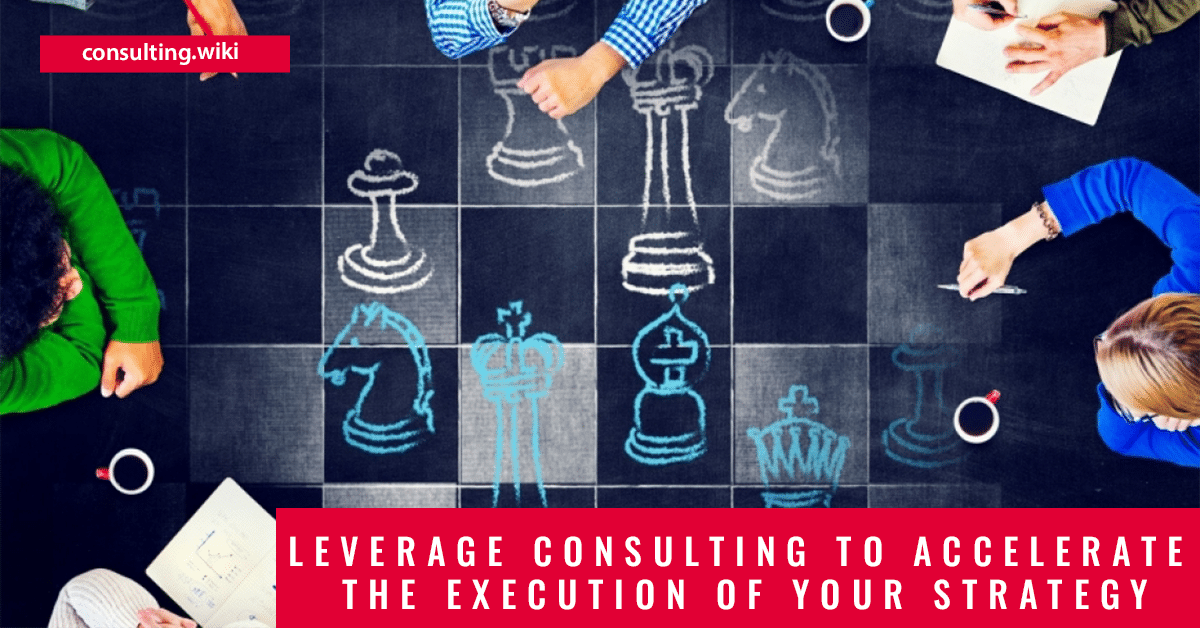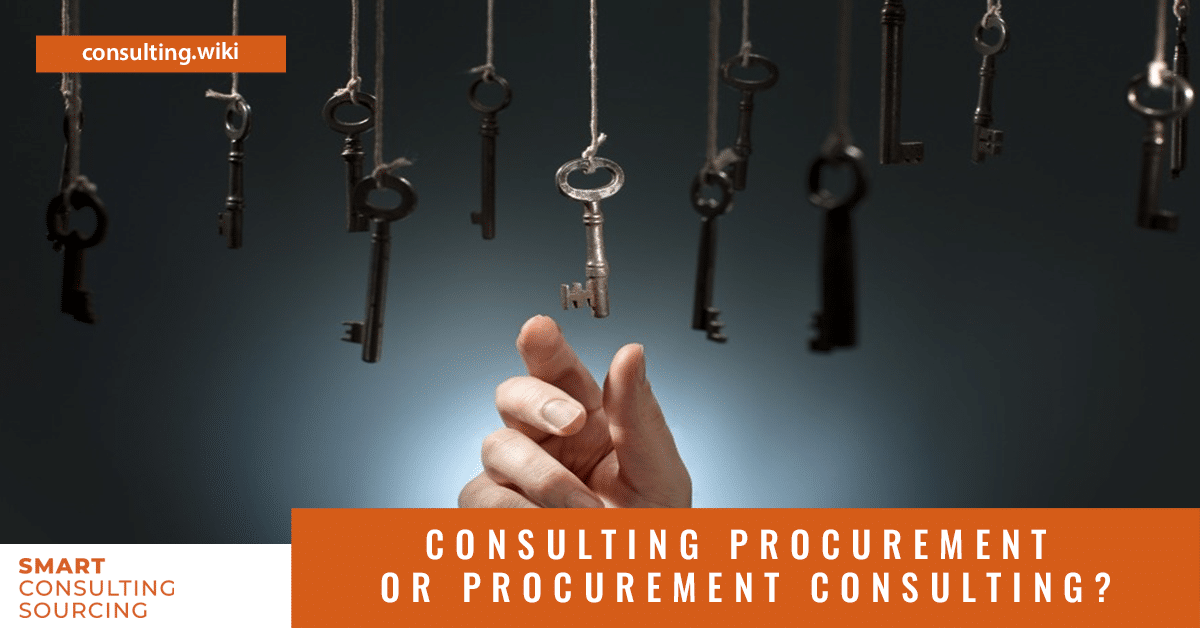
The Consulting Procurement Process Doesn’t Stop With the Order
When does procurement turn into a partnership? The easy answer is that as soon as the order is placed, procurement is over and done with. But in reality, the procurement process doesn’t stop with the order. To be successful, it should be a long-term process that goes beyond the moment the contract is signed.
Too many companies looking to work with consultants underestimate the complex procurement system. On the surface, it seems like a straightforward process that ends with the order. But consulting is not that straightforward; simply signing a contract and assuming everything will work out exactly as specified neglects the versatility of consulting, and intellectual services in general.
Ultimately, both sides hope to develop a mutually-beneficial professional relationship. Regarding procurement, as a long-term process improves communication, better aligns the scope of the relationship, and provides the necessary insights to achieve continuous improvement and productive partnership. Consider these 5 steps to a successful procurement process:
1) After the Proposal
Don’t disengage with consultants you did not select for mutual business. Instead, explain why you choose to go in a different direction, giving honest feedback about the strengths and weaknesses of their proposal and how it could have better aligned with your expectations.
For you, this step requires only a little effort. But for the consultants you didn’t select, you provide invaluable insights about your expectations, along with their ability to compete for proposals and opportunities like yours in the future.
Consultants who are willing to listen will be able to use these lessons to better compete for similar opportunities in the future. And who knows? Perhaps you will be in need of a consultant again in the future, so nurturing relationships with a range of consultants can be beneficial for both sides.
2) Change Management
No matter how hard you try, establishing and maintaining a relationship with consultants in executing a project will not be a linear process. During the course of the project, a number of changes will take place that you didn’t account for during the proposal or contract. Some of these changes may include:
- Scope changes. New tasks may be added as a need becomes clear, or deliverables that turn out to be impossible or difficult to reach may be dropped.
- Staffing changes. Organizations are in constant flux, and both sides may have to account for a turnover that requires adjustment and additional training.
- Timeline changes. Everything before the project starts is an estimate; you may have to adjust the pace as the true duration of the project comes into view.
- Unforeseen events. Budget changes, project merges, project freezes, or any other events may occur that affect the execution of the project.
Change management is necessary to ensure that these changes do not derail the project. By keeping an active log of all changes as they occur, you can adjust the commercial conditions in due time and before they become dangerous.
3) Mid-Project Assessment
As early as possible, set yourself and your consultants a benchmark toward the middle of the project. This is the perfect time to review the initial objectives and get back on track toward accomplishing them on time.
As you get into the details of any project, it’s easy to get carried away with minutia that ultimately won’t affect the overall success. A Mid-Project Assessment enables you and your team to ensure that these inevitable tangents don’t endanger the timeline and success of the larger project.
The Mid-Project Assessment should be a major event for everyone involved. Keep it separate from regular operational project reviews, which should happen in smaller circles and on a regular basis.
4) Project Closure
Once the project has drawn to an end, it’s time for a thorough evaluation. Now it’s time to compare your end results with your initial goals, which enables you to understand and begin to prepare the adjustments that are still necessary to reach your ultimate goal.
At this time, you can also evaluate the relationship with your consultants, and whether they delivered on the initial promise. Evaluate your provider using dimensions such as commercial quality, delivery quality, posture, talent & expertise, and ROI as it relates to the project.
5) Mutual Continuous Improvement
Nobody is perfect, and no project or professional relationship will be flawless. The project closure is an opportunity for you to give feedback to your project suppliers about your thoughts on the results, the relationship dynamics, and any other dimensions you covered in your project closure review above.
Giving feedback enables your consultants to improve their business by gaining a clearer understanding of client expectations and identifying potential blind spots. Constructive feedback will also uncover relationship difficulties that may be improved in a future partnership with you or other clients.
You can take advantage of the same intelligence because it better enables you to understand the consultant’s journey through your project. As a result, you will improve supplier competitiveness, and ultimately increase the potential for positive outcomes. By improving your procurement process, you will be able to contribute to intelligence gathering about the market and its segments.
Finally, you can benefit from feedback about the project as much as your consultant. Hearing from your partner about the relationship and its successes and failures allows you to uncover what you can do better in the future, ultimately helping you work your way toward better project implementation. Simply asking for feedback will position you as being committed to good practices, openness, and transparency.
At its core, consulting should be based on a mutually beneficial partnership. If you treat procurement as a linear process that ends the moment the contract ink is dry, you probably will have trouble getting the best possible results out of that partnership. But by treating the relationship as dynamic and flexible throughout the project, you and your consultants will both benefit and improve their business practices as a result.
Hélène Laffitte is the CEO of Consulting Quest, a Global Performance-Driven Consulting Platform and author of “Smart Consulting Sourcing”, a step by step guide to getting the best ROI from your consulting. With a blend of experience in Procurement and Consulting, Hélène is passionate about helping Companies create more value through Consulting.




